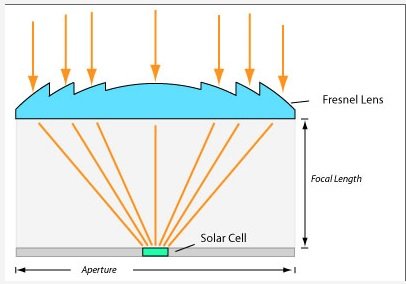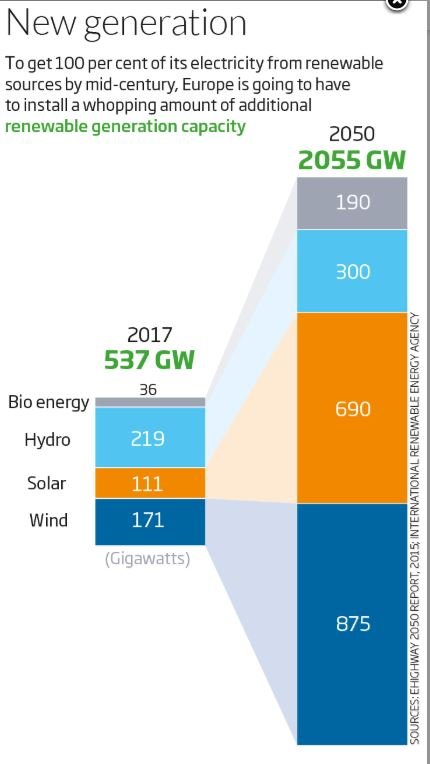Solar Energy Commentaries #1 - Introduction & Latest Developments in July 2018
Hello Steemit community! Here is the first of my many articles on the latest updates regarding solar energy technologies and harvesting/storage techniques. I will aim to publish a commentary on the global solar energy landscape at least bi-weekly starting from today, and it is my hope that everyone who is interested in solar energy will benefit from these updates, whether you are a researcher who is looking for the latest and the greatest, or just an average person looking for more ways to cut down on energy costs. These short commentaries will also express my own views on the subject as I try to speculate as to the medium term or long term implications for the energy industry, and the role of solar within it. Now without further ado, lets go!
To start us off I will share with you local developments for solar PV technologies within the UK as seen in this article (I am currently residing within the UK): https://renewablesnow.com/news/uk-scientists-develop-technique-for-more-efficient-solar-energy-621507/
To summarize, scientists at the University of Exeter have found a new technique to increase the amount of solar energy harvested by a PV cell by a factor of three (i.e. it can produce three times more energy than traditional solar cells). The article itself is sparse on the details, but I do know someone in the field who is working on a similar technology, and based on that I would presume that it is probably a form of Concentrated PV (CPV) technology.
Usually in these kinds of systems the lens would sit directly above as shown in the diagram below
(IMAGE SOURCE: http://www.greenrhinoenergy.com/solar/technologies/pv_concentration.php)
The way a Concentrated Solar PV cell works is that instead of concentrating sunlight into a heat transfer fluid as in a traditional CSP station, it concentrates it onto a PV cell instead. It is a promising technology, but one has to be careful with overheating as that can reduce the solar to electricity conversion efficiency in the long term. If successful then this would help further reduce the overall cost of solar PV technology as one would be able to produce a lot more energy with less surface area.
On a more global scale, you may be perhaps interested in a recent publication by New Scientist regarding the possibility of deriving 100% of all our energy from renewable resources: https://www.newscientist.com/article/mg23831810-100-finally-we-can-power-the-planet-on-renewables-alone-heres-how/
This is very notable as it is only very recently that this possibility is for the first time being taken seriously by those in the energy sector. The graph below explains what the possible energy mix may look like if we assume that such a feat can be accomplished by the year 2050:
(IMAGE SOURCE: https://www.newscientist.com/article/mg23831810-100-finally-we-can-power-the-planet-on-renewables-alone-heres-how/ ).
I've always been an optimist when it came to renewable energy deployment (and is one of my professional interests IRL), but I'm not so certain that we would be capable of accomplishing this by the year 2050. To do this would imply building up a large amount of energy storage capacity, mass deployment of DSM technologies, the building up of HVDC infrastructure on a global scale, etc. within the next 32 years. Not to mention that major changes in energy policy on local, national, and international scale would be needed to help speed things along (at the moment the current trend is towards making changes as slowly as possible!)
Nonetheless, the fact there are a number of recent studies looking into the possibility is a welcome development. And certainly is a sign that those who have advanced the idea in the past towards the end of the 20th century (e.g. Amory Lovins of the Rocky Mountain Institute, along with a few others e.g. Jeremy Rifkin, etc.) may be vindicated after all.
That's all for today, stay tuned!
==========================================================================================
References:

